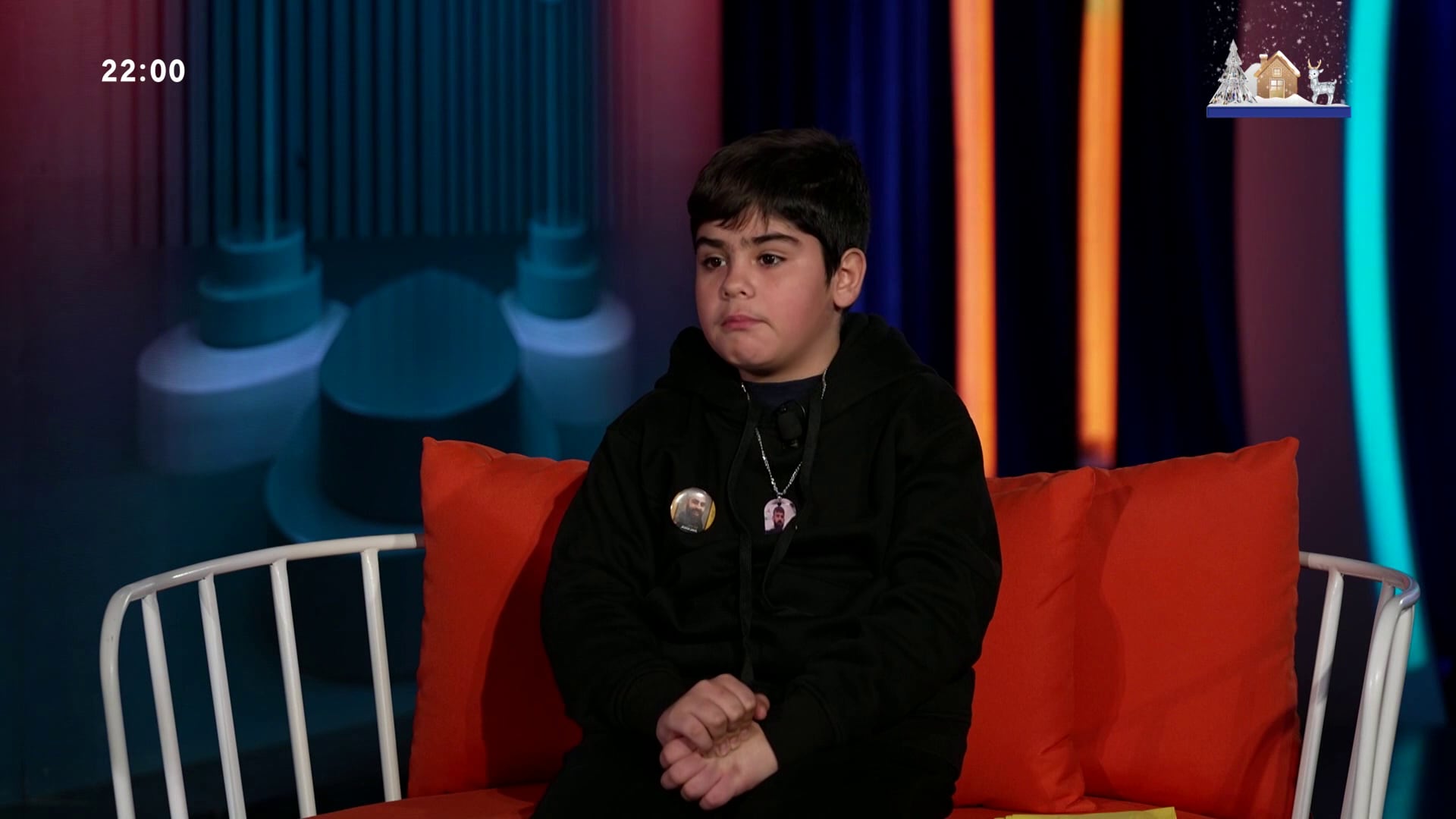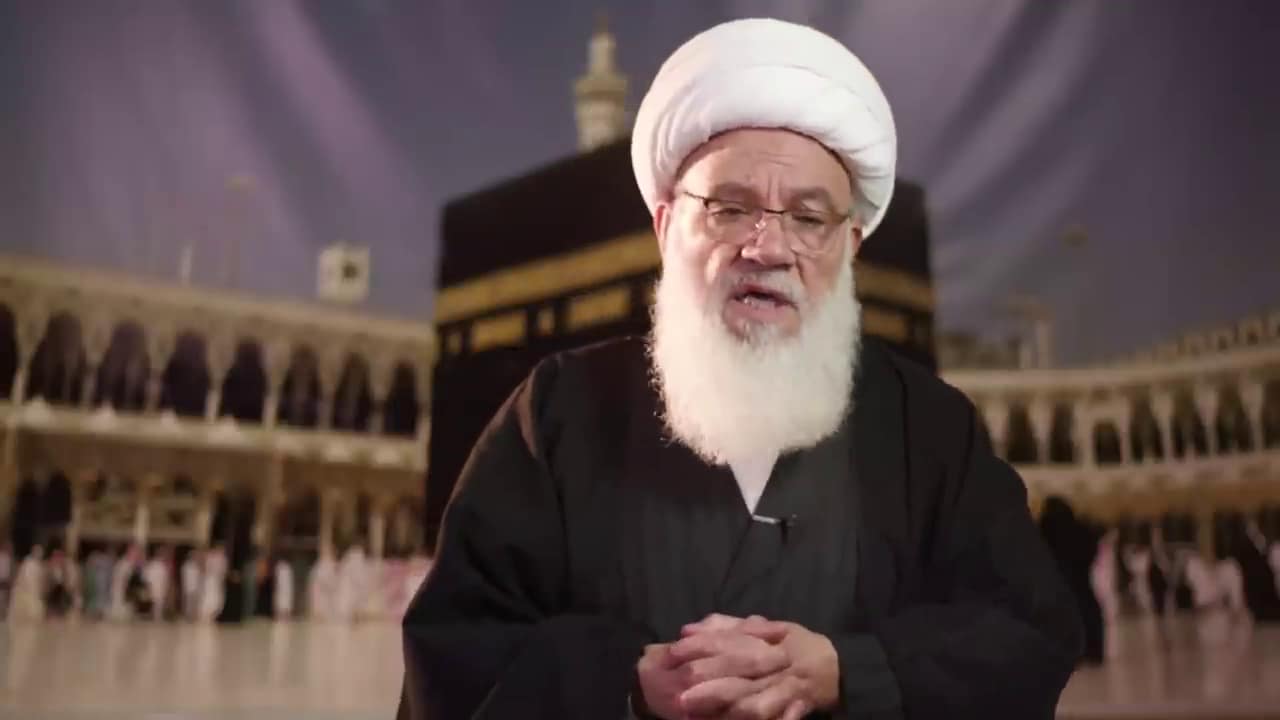
Qais Khazali, the Secretary-General of the Asa'ib Ahl Al-Haq Shiite militia in Iraq, said in a June 26, 2020 interview on Al-Ahd TV (Iraq) that Iraqi PM Mustafa Al-Kadhimi cannot prevent the militias in Iraq from defending Iraqi sovereignty and from demanding that the U.S. forces pull out of Iraq. He warned that PM Al-Kadhimi should avoid getting into "trouble" in this regard, and that the prime minister should invest efforts in trying to persuade the Americans to leave peacefully. Khazali's comments came against the backdrop of the arrest of 14 men, tied to a pro-Iran militia, who were planning an attack against the U.S. forces.
Qais Khazali: "[Iraqi PM Al-Kadhimi] – you cannot prevent the resistance factions from playing their role – or rather, fulfilling their duty – in defending [Iraq's] sovereignty, and in demanding that the foreign military occupying U.S. forces leave.
[...]
"This is tantamount to going into a losing battle. You'd better spare yourself this battle. You are a new prime minister with political aspirations, so you'd better not get into this trouble.
[...]
"Neither you nor the people who might cooperate with you – nor the American forces or anyone else – can stop the Iraqi people and the resistance fighters from driving out the American forces, if they do not leave peacefully. Your duty is to make a diplomatic effort to persuade them to leave, but it is not your duty to defend them. This is unacceptable. In Iraq, there are tough men. When America had 150,000 soldiers in Iraq and military bases throughout the country, it could not withstand these men, so how could it do so today, especially considering that there is now blood to be avenged. The American forces killed our leaders and commanders. Their blood is [not avenged yet]. The American forces have not apologized. On the contrary, they boast about this.
[...]
"Mr. Prime Minister, you are not a prime minister elected by the public. We don't have a presidential system in which you are elected and have the right to represent the views of the people. It's not even that the protesters demanded to appoint you in their demonstrations. You became PM following an agreement between the relevant political forces. These political forces agreed with you, in keeping with the demand of [Ayatollah Sistani], and in line with the demands of the public that the government would be a temporary one, as it should be, and that it would have two main goals: The first goal is to hold early elections. This cannot be pushed off. This is a basic demand.
[...]
"The second goal was to bring the country to and economic and public-health safe haven. Beyond that – don't invent issues and if issues come up, do not get involved. This is beyond the capacity of your government. You might get into bigger problems, and everything will be lost. The issue of American forces and their targeting by the resistance factions – you want to fix this now? As I've said, this is unprecedented in the history of Iraqi governments. They never did this and if anyone wanted to do it, he was unable to. They would all ignore this issue. They kept quiet about it, because deep inside, they did not consider this to be wrong.
[...]
"I hope it is clear that it would be a mistake to go too far in this direction. It is best to sop here and not listen to the American advice to use this opportunity to get into problems and clashes with the Islamic resistance factions, because, as I've said, this would be a losing battle. This would only complicate the situation in Iraq. This should be contained with some reasonable and acceptable statements, like saying that we have an American Embassy here, which is a diplomatic entity, and attacking it might cause harm... Such statements... Maybe. But if the resistance fighters want to target military U.S. forces, when the U.S. administration has not declared clearly that they are ready to pull out their forces... On the contrary, their statements are the opposite of that. This is a position nobody can guarantee."












